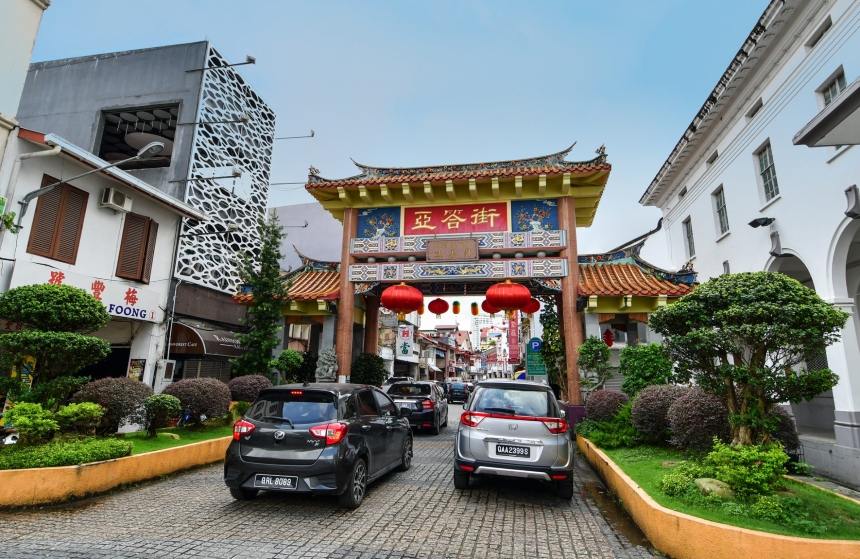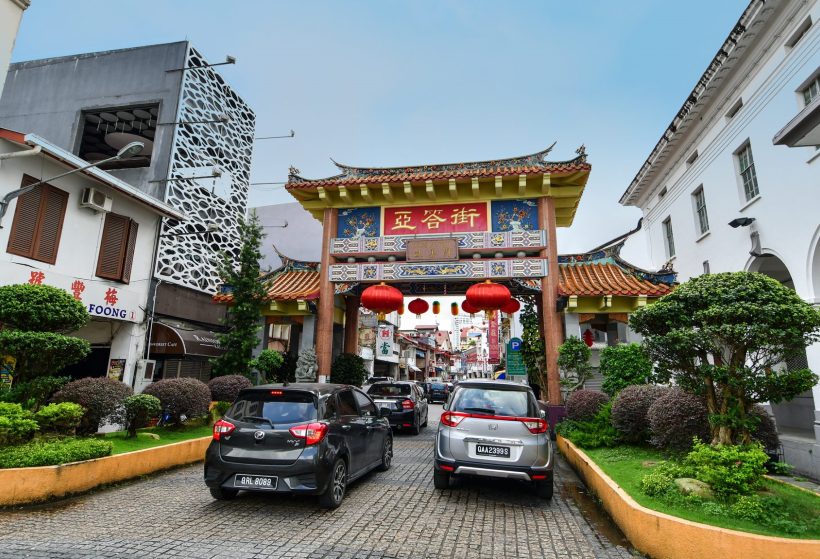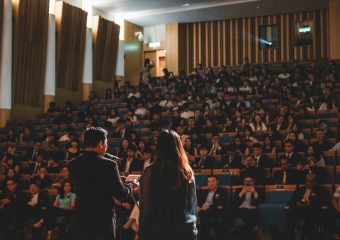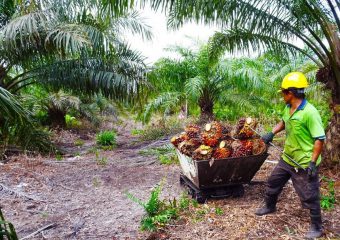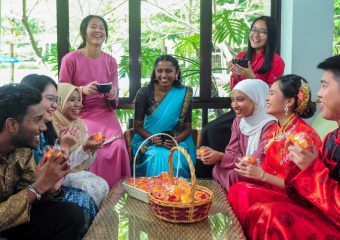Sarawak has a rich and diverse culture, with many ethnic groups in the State.
Heritage is made up of the tangible, intangible and the natural. The term initially referred to physical remains of cultures, but has since expanded to embrace living culture and contemporary expressions.
The tangible aspects of heritage include historical sites, monuments, museum artefacts and archives; the intangible customs, folklore and knowledge; and the natural a country’s flora and fauna.
A nation’s heritage has very high value and is extremely unique, reflecting the people’s values and shaping their identities.
Preserving and transmitting this knowledge is especially relevant to ethnic groups socially and economically.
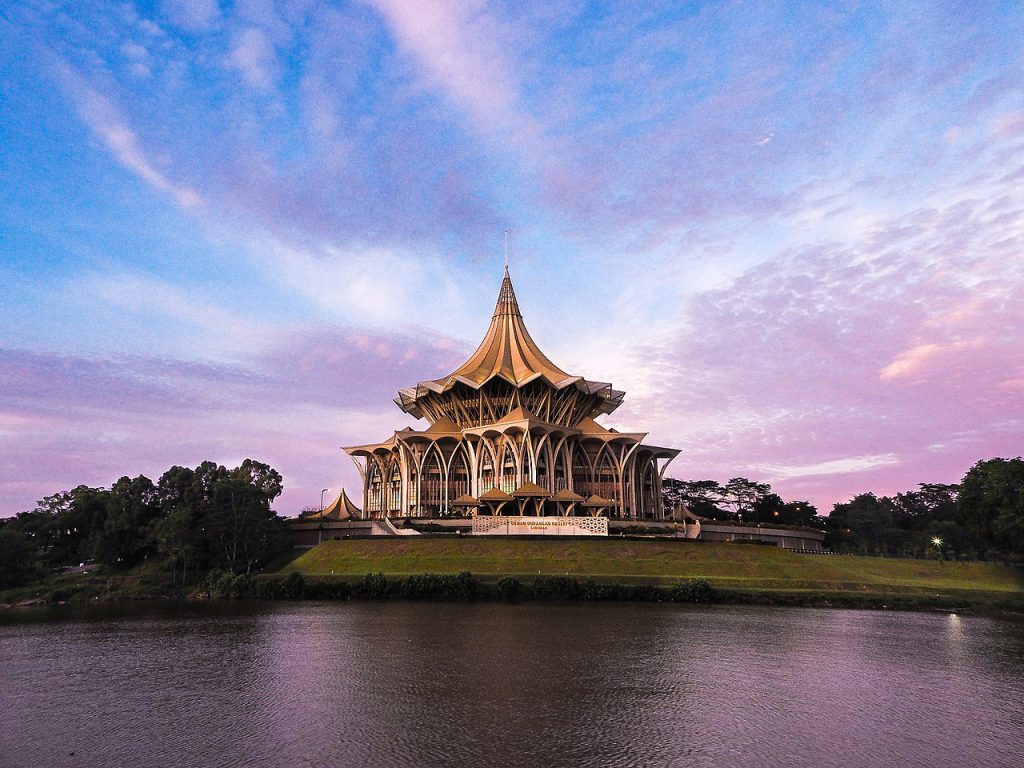
Various efforts have been carried out by the Sarawak Government to preserve the State’s local heritage, such as passing the Sarawak Heritage Bill 2019 that enables for comprehensive heritage protection and preservation.
The Government is also looking at setting up an Intangible Cultural Heritage Centre to safeguard and properly document Sarawak’s rich cultural heritage.
Projects to enhance local heritage have the potential to re-energise neglected areas and provide opportunities for local people to improve their socio-economic well-being by promoting and engaging with their culture.
They can also help generate a greater sense of pride and belonging among the community through increased participation.
For example, efforts to rejuvenate Kuching Old Bazaar not only involve preserving historical buildings and maintaining businesses such as tin-smithing and gold-smithing, but also recording the lives and history of the area’s community.
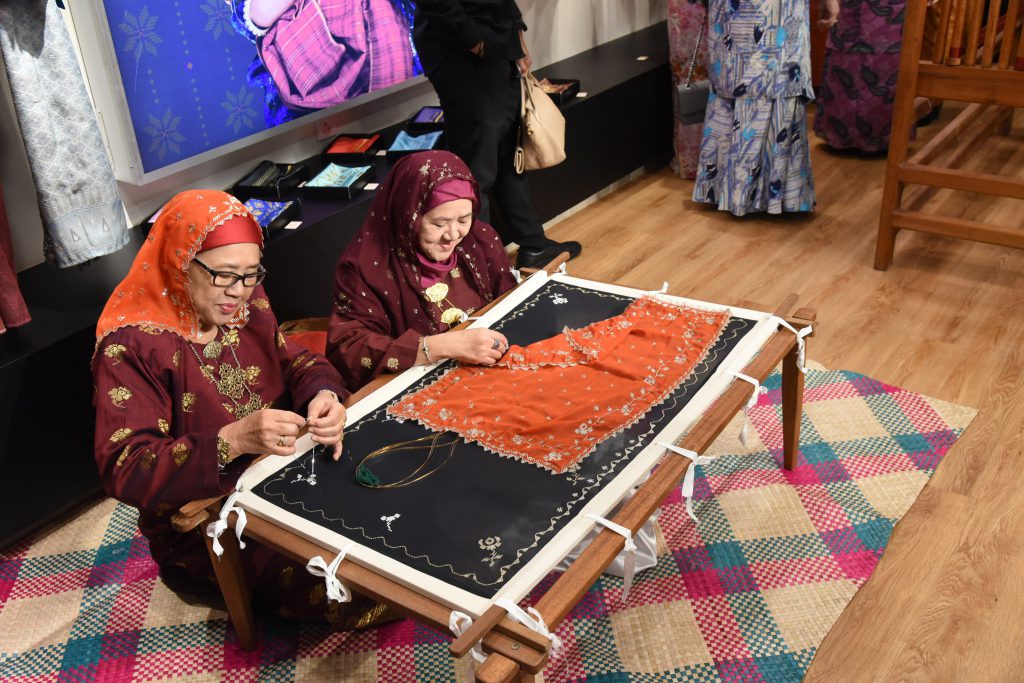
Another is a collaborative effort between Old Kuching Smart Heritage (OKSHe) and Centre of Technical Excellence Sarawak (CENTEXS) in offering heritage training as a means to better preserve the history and traditions of Sarawak’s handicrafts.
The training comprises, among others, full-time courses at CENTEXS in culinary heritage and fashion technology, and an incubator project focusing on Keringkam embroidery and Sarawak hand-woven songket.
Songket and keringkam business owners are also encouraged to embrace entrepreneurial knowledge by offering their products at saratage.com, an online marketplace by CENTEXS that sells Sarawak handicrafts.
Such participation allows local entrepreneurs to be more competitive in the global market, and in turn ensures the longevity of their businesses.
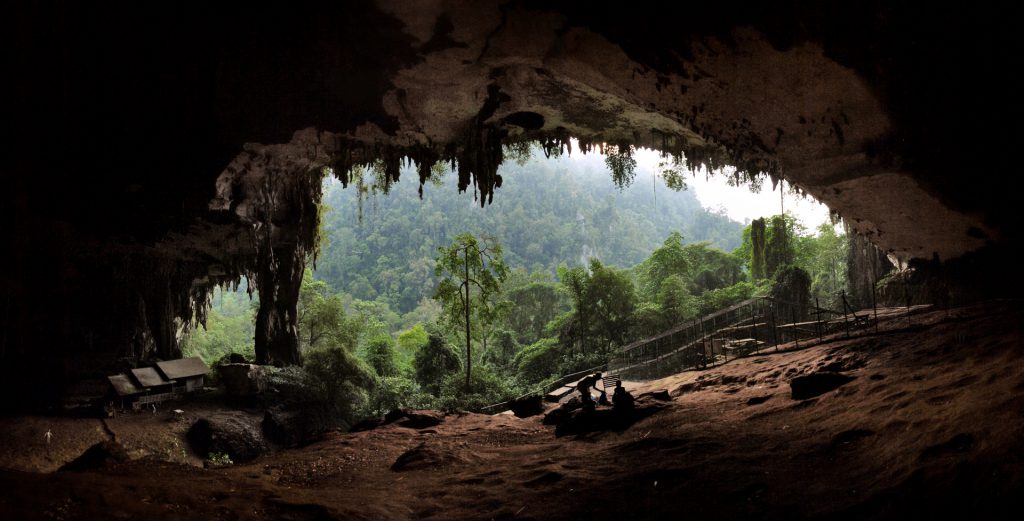
Ongoing efforts focusing on retaining Sarawak’s natural heritage can be seen through numerous preservation and conservation initiatives of its forests and wildlife not only by the Government, but also non-profit organisations such as World Wide Fund for Nature.
The Semenggoh Nature Reserve houses the Orangutan, one of Borneo’s endangered species, while national parks, nature reserves and wildlife sanctuaries across the State ensure the protection of the region’s unique biodiversity.
In order for our heritage to stay alive, we need to play our part in keeping them relevant. These history, traditions and culture that define us should be practised and learned within communities and between generations regularly to ensure the constant transmission of knowledge, skills and meaning.
Although certain elements could change with the passage of time, such process is important for each culture to endure so we in the present and our descendants in the future can relate to and appreciate the adaptation that it has undergone.
Read more: The Importance of Learning History
Read more: Celebrating Our Cultural Diversity
Read more: Why the humanities matter in the digital age
Photo from Borneo Talk.
